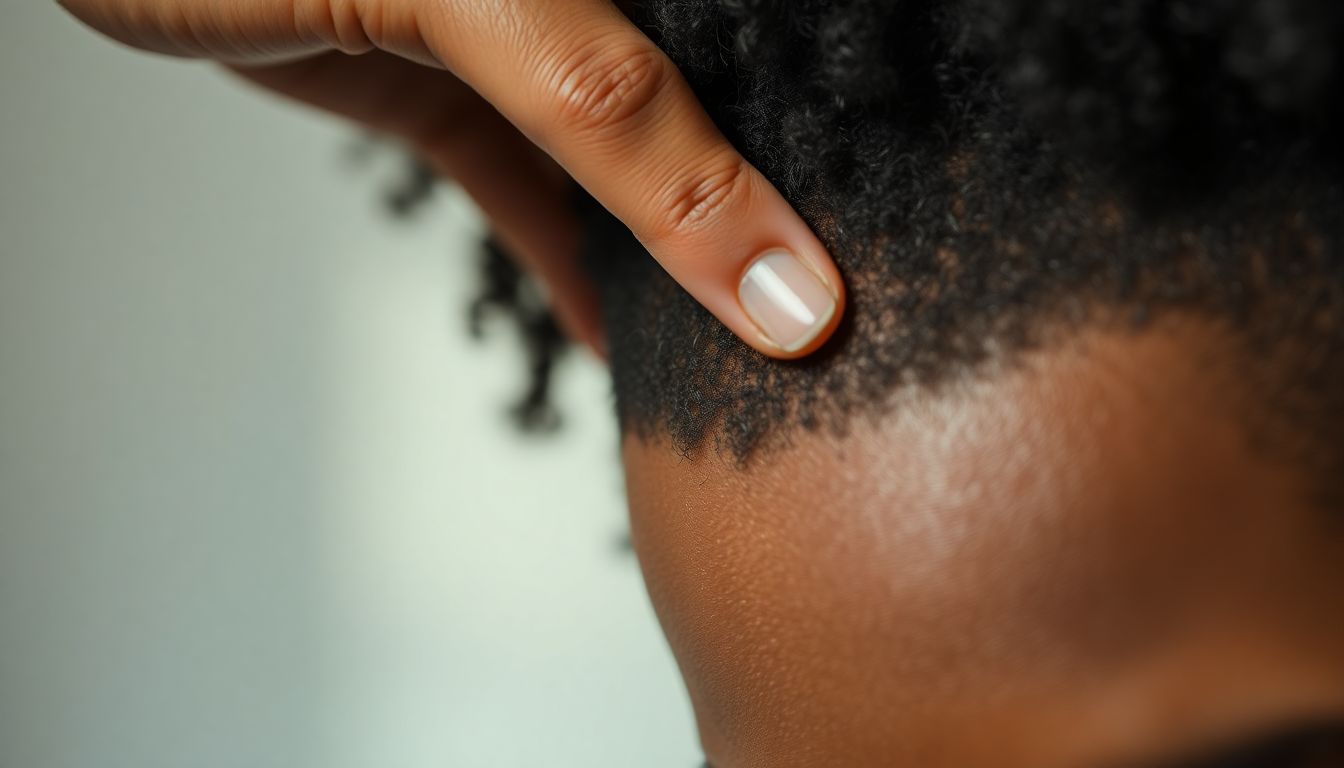
Hair loss is a common issue that affects many. Both men and women can experience it, sometimes leading to feelings of embarrassment and low self-esteem. Gaining insight into hair loss can empower individuals to find effective solutions and regain confidence.
The Shocking Reality of Hair Loss: Statistics and Prevalence
Did you know around 50 million men and 30 million women in the U.S. experience hair loss? This problem isn't just a cosmetic issue; it affects millions globally. Hair loss can arise at any age, making it a widespread concern.
Why Understanding Hair Loss Matters: Impact on Confidence and Well-Being
Hair plays a huge role in how people see themselves. When someone faces hair loss, it can affect their social interactions and emotional well-being. Understanding the causes and solutions can help individuals take control of their hair health and boost their confidence.
This Article's Guide: Causes, Solutions, and Proactive Steps
This article will explore what causes hair loss, treatments available, and strategies to prevent further loss. Let’s dive in!
Common Causes of Hair Loss
Genetic Predisposition (Androgenetic Alopecia): The Role of Heredity
Heredity is a prime factor in hair loss, commonly known as androgenetic alopecia. If family members, like parents or grandparents, faced hair loss, the likelihood increases.
Hormonal Imbalances: Impact of Thyroid Issues, Pregnancy, and Menopause
Hormonal changes can lead to hair loss. Thyroid disorders, pregnancy, and menopause can disrupt hormone levels, causing shedding. Addressing these imbalances may result in healthier hair growth.
Nutritional Deficiencies: Impact of Iron, Zinc, and Protein Deficiencies
A balanced diet is crucial for hair health. Insufficient intake of nutrients like iron, zinc, and protein can lead to thinning hair. Eating a variety of foods can help maintain strong locks.
Medical Conditions Associated with Hair Loss
Autoimmune Diseases: Alopecia Areata and Its Effects
Alopecia areata is an autoimmune condition where the body's immune system mistakenly attacks hair follicles. This can lead to sudden hair loss in patches. Treatment options vary, so consulting a medical professional is essential for tailored solutions.
Scalp Infections: Fungal Infections and Their Treatment
Fungal infections of the scalp can cause hair loss. Conditions like ringworm can lead to patches of missing hair. Antifungal treatments are generally effective in restoring hair.
Certain Medications and Treatments: Side Effects and Alternatives
Medications, such as those for cancer or high blood pressure, may also cause hair loss. If this occurs, discuss alternatives with a healthcare provider.
Lifestyle Factors That Contribute to Hair Loss
Stress and Anxiety: The Mind-Body Connection and Hair Health
Stress can lead to temporary hair loss. When under pressure, the body might enter a phase called telogen effluvium, resulting in increased shedding. Managing stress through relaxation techniques can promote healthier hair growth.
Poor Diet and Nutrition: Importance of a Balanced Diet for Healthy Hair
Skipping meals or not getting enough vitamins can harm hair health. Eating various fruits, vegetables, and lean proteins supports growth and prevents thinning.
Harsh Hair Styling Practices: Heat Damage and Chemical Treatments
Frequent use of heat tools and harsh chemical treatments can damage hair. Limiting these practices can help keep hair looking vibrant and healthy.
Effective Solutions for Hair Loss
Medical Treatments: Minoxidil, Finasteride, and Other Options
Medications like minoxidil and finasteride can assist in hair regrowth. Minoxidil is available over the counter, while finasteride requires a prescription. These treatments may take time to show results.
Hair Restoration Procedures: Hair Transplants and Other Surgical Options
Surgical options, such as hair transplants, are available for those seeking a permanent solution. These procedures can be costly but might be worthwhile for restoring confidence.
Natural Remedies and Lifestyle Changes: Improving Diet, Managing Stress, and Scalp Care
Natural remedies, like essential oils, may aid hair health. Regular scalp massages can also stimulate blood flow. Maintaining a healthy diet and managing stress will further support hair growth.
Preventing Further Hair Loss: A Proactive Approach
Regular Scalp Checkups: Importance of Early Detection
Regular scalp examinations can help identify issues early. Catching problems before they escalate can improve outcomes.
Maintaining a Healthy Lifestyle: Balanced Diet and Exercise
Physical activity and a balanced diet play a role in hair health. Exercise improves blood flow, while nutrition feeds hair follicles, fostering growth.
Protecting Your Hair: Minimizing Heat Styling and Chemical Treatments
Limiting the use of heat tools and chemicals prevents damage. When you do style, use protective products to keep hair safe.
Conclusion: Taking Control of Your Hair Health
Understanding hair loss is vital for those experiencing it. Recognizing common causes and effective solutions empowers individuals to take proactive measures.
Key Takeaways: Summarizing Causes, Solutions, and Prevention Strategies
- Genetic factors are a leading cause of hair loss.
- Hormonal changes and nutritional deficiencies contribute significantly.
- Medical treatments and lifestyle changes can effectively combat hair loss.
- Regular checkups are essential for early detection and treatment.
Encouragement and Empowerment: Moving Forward with Confidence
If facing hair loss, remember you’re not alone. Many have navigated this journey and found solutions that work. Take charge of your hair health today and embrace the path to confidence!
